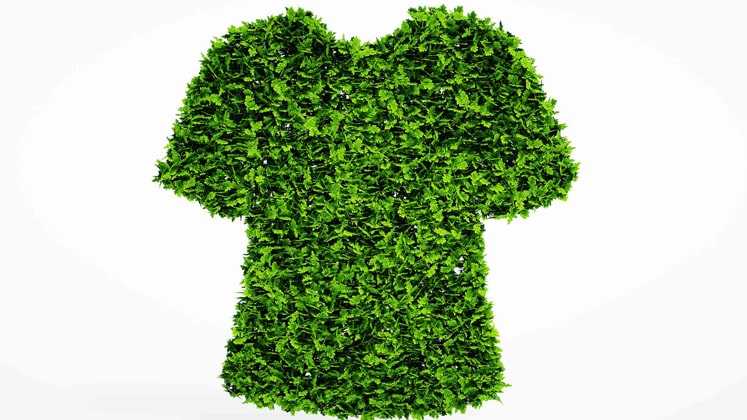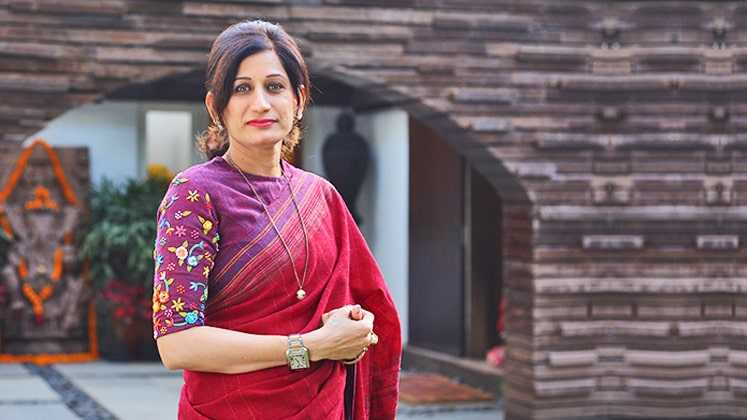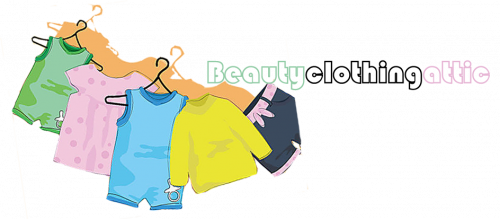
Organic clothing is not just the flavour of the affluent class but it is for everyone who understands the importance of sustainability. The new age consumers today have understood the importance of protecting themselves from the impacts of chemicals, and with this awareness, a number of apparel brands have taken the responsibility of keeping the earth green and are manufacturing eco-friendly clothing, moving forward. Each brand has its own story, its own reason to go organic and stand out from the rest. While the trend is up and awareness at its highest, the point still remains whether it generates the expected revenue for the fashion conglomerates or not. On this line, is organic clothing a feasible business opportunity for manufacturers as well as retailers?
Sumit Gupta, Representative in India and Bangladesh, GOTS

With increasing awareness about climate change and increasing income levels, today’s conscious consumer is ready to pay the right price for sustainable clothing. Numerous national and international surveys have established and re-established this market trend.
The sellers – be it retailers or textile value chain partners – must be able to share their story effectively. They need to present convincing arguments why they deserve a better price as compared to their peers that are selling ‘similar’ products. Third-party certificates and eco-labels like Global Organic Textile Standard (GOTS) can indeed act as a proof for organic status of products being sold.
The business case for organic textiles is certainly there. The organic and product safety argument is more convincing for some product groups like babywear, maternity wear, towels, personal hygiene, etc. than others. But I must add that eventually your product is going to sell. However, if the quality, service and brand story are not strong, only GOTS label on the product might not be able to sell it.
Manjula Gandhi, Chief Product Officer, Numero Uno
The fashion industry is changing fast and last few years have shown how challenging it is for apparel brands to adapt to these changes, one of the most pressing challenges being that of achieving greater sustainability and transparency. Today brands and retailers are expected to produce garments that are environmentally and socially responsible, but the important fact to note here is that making sustainable products and processes is expensive and secondly, the consumption of ethical fashion has not become mainstream in India yet either due to lack of awareness of issues faced by the industry or due to unwillingness to pay the premium for sustainable products. Thirdly, fast fashion brands are compelling consumers to overspend, buy cheap products, discard and buy new again. Although fast fashion generates revenue, it is actually a fundamental cause for sustainability issue in fashion industry due to tonnes of garments which are discarded and are posing a threat to the planet. Whereas slow fashion is more sustainable as in this case, consumers buy classic styles that last longer but imply lesser production and revenues. So although sustainability is the need of the hour, whether it is a viable business option due to the costs involved and consumer behaviour, is a question that is left unanswered.
Vaishali Karad, Founder and Principal Designer , Paashh

Today, due to social media and a constant stream of information, we are seeing an increase in the number of more conscious and aware consumers. Given an option– whether it’s clothing, food or travel – people’s preferences these days are leaning towards organic and environment-friendly products and practices. This shift from fast-fashion-fuelled constant consumption, to embracing a more thoughtful and sustainable lifestyle has made organic clothing increasingly popular in recent times. Organic fashion is no longer limited to celebrities and artists– it has reached the common man.
As a business opportunity, it is feasible and also very satisfying as one can see the impact and the difference made through organic clothing brands. With new local sourcing avenues, the availability of natural fibres, access to skilled craftsmen and advanced technology in manufacturing processes (new fabrics, techniques), the organic clothing business has received a boost and reached the masses.
Ashwani Palaha, CEO, Pratibha Syntex
Over the last 6-7 decades, chemical farming has taken over traditional farming in India. The main reason for this has been a sudden desire to increase the crop outputs by using chemical fertilizers. Continuous inputs of these chemicals have rendered a soil that is close to becoming rock –low water retention, low carbon content. The impact of using clothing made from organic cotton isn’t direct and immediate. This is a reversal of the harm that has been done by chemical farming. Cotton crops use a significant portion of fertilizers and pesticides that go into the soil, water and air, besides the crop itself. So, using organic cotton is not just a business case but a lot more. The way organic cotton is looked at has changed from a mere product story to a larger commitment towards nature.
Across the world, traceability is taking a centrestage and consumers are trying to have a direct connect with the farmer, who is growing cotton for their clothing, the way it is grown and its environmental and societal impact. Consumers all over the world have responded very positively to organic cotton and the holistic change it brings.
Various brands have committed to this initiative and even gone a step forward. Organic cotton is being redefined as a larger impact on nature, farming community, users and overall well-being of the natural resources, than just a product. A large number of brands are only using organic cotton in 100 per cent of their products and doing extremely well.
Naresh Bajaj, Partner, Parvati Fashion
Sustainable clothing is definitely a feasible business opportunity,if one works and operates the business in the right way. However, it is an extensive process since a lot of processes are involved in ensuring that everything and every process is sustainable and environment-friendly. Not every fabric or raw material is verified as an organic or sustainable product and so the cost of procuring the right products is high. But again, if done in the right way, it is feasible and profit making. Also, people are more aware about sustainability and they are demanding sustainable fashion which has further helped in the increase in enquiries for these products. We, at Parvati Fashions, only manufacture sustainable products and try to use sustainable things for packaging purposes as well. For example, the papers we use are certified ones and the polybags are bio-degradable. Even when the RoI is low sometimes as compared to a non-sustainable factory, we work for sustainable fashion because we believe that it is part of our responsibility towards the environment.
Kriti Tula, Creative Director and Co-Owner, Doodlage
Anything at scale can be a feasible business opportunity. Moving to organic and alternative material to reduce the impact of fashion is the need of the hour. Pesticides and fertilizers used in the cotton industry have immediate impact on people working to make fashion and eventual impact on the quality of water that seeps back into ground and water bodies which feed the rest of the world.
Abhishek Ganguly, Managing Director, Puma India
Puma’s sustainability strategy focuses on creating a substantial positive impact. At the end of 2018, 50 per cent of all cotton and 66 per cent of all polyester used in Puma apparel came from more sustainable sources. Such sources include bluesign-certified polyester, a production standard which eliminates harmful chemicals from the production process and promotes resource efficiency; and cotton from the Better Cotton Initiative, an organisation seeking to improve the environmental, social and economic impact of cotton production. Having achieved our previous sustainability target two years ahead of schedule, Puma now aims for 90 per cent of all cotton and polyester used in its products to come from more sustainable sources by 2020.

Leave a Reply